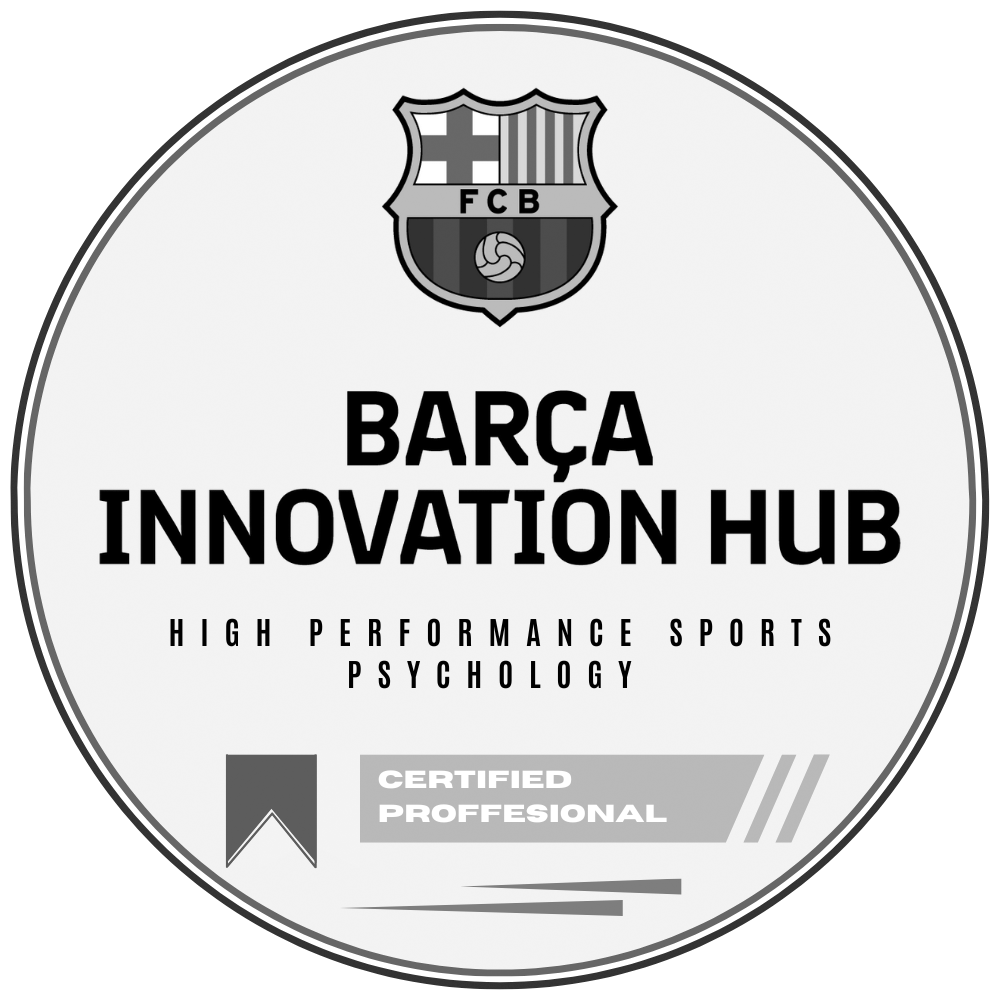Coaching, mentoring, teaching, therapy, and consulting contribute to personal and professional development through different approaches. Each method has unique characteristics and purposes, making it essential to understand their differences.
Coaching
Coaching is a collaborative and empowering process where the coach supports the coachee in identifying their strengths, weaknesses, and areas for improvement. It is based on the premise that individuals possess the solution to their problems and the inherent ability to find answers to their challenges. Coaches guide their clients through powerful questioning, active listening, and constructive feedback. By providing a safe and supportive environment, coaches enable coachees to explore their thoughts, feelings, and options, fostering self-awareness and personal growth.
Goal-setting and action planning are integral to the coaching process, ensuring the coachee develops actionable steps to reach their desired outcomes. Throughout this journey, coaches maintain a non-judgmental and unbiased stance, allowing the coachee to take ownership of their progress and achievements.
Mentoring
Mentoring is a one-on-one relationship between a less experienced individual (the protégé) and a more experienced person (the mentor). The relationship aims to help protégés grow professionally and advance in their careers. Mentors facilitate five career development functions: exposure, protection, coaching, sponsorship, and challenging assignments. Both coaching and mentoring involve close personal relationships that enable individuals to learn, reflect, and grow professionally. However, there are notable differences between coaching and mentoring:
- Executive coaches can be internal or external professionals, while mentors are typically internal members in higher positions than the protégé.
- Executive coaching focuses on self-awareness and learning to improve performance, while mentoring serves various purposes, from socializing newcomers to management development.
- Executive coaching employs systematic approaches, such as personality inventories, interviews, and 360-degree feedback, whereas mentoring utilizes less structured tools.

Teaching
Teaching involves an expert teacher imparting knowledge to students. While the best teachers use participative and interactive techniques similar to coaching, there is a knowledge imbalance, with the teacher being the expert who knows the "right answer."
Therapy
Originating from the Greek word for "curing, healing," therapy focuses on resolving past difficulties that hinder an individual's emotional functioning. It aims to improve overall psychological functioning and help individuals handle present life and work situations in an emotionally healthier way.
Consulting
Consulting is identifying, analyzing, and quickly solving problems, typically by external experts. Consultants provide professional advice and guidance to organizations and individuals, using their expertise to solve problems.



.svg.png)










.png)


